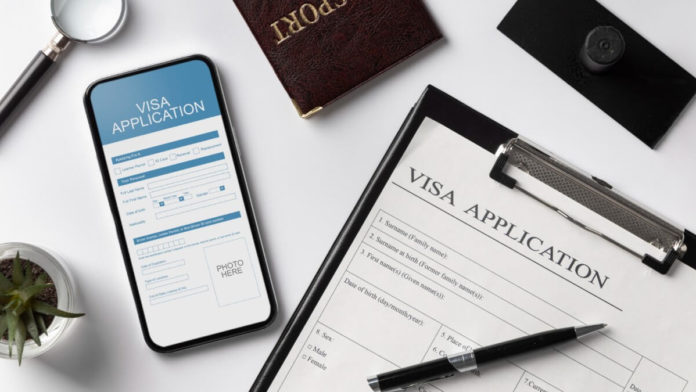Schengen visas will soon become more secure and accessible as Members of the EU Parliament (MEPs) have voted on a law to digitalise visas.
The law on the digitalisation of Schengen visas was voted on October 18, with the Parliament approving digital visa procedures for the Schengen Area with 573 votes in favour, 36 against, and 16 abstentions, SchengenVisaInfo.com reports.
In their proposal, MEPs pushed for inclusivity as well as accessibility regardless of language skills, disability, or poor internet coverage.
As the Parliament notes, by digitalising the application process for Schengen visas, the authorities aim to reduce the efforts and costs required to file an application. Moreover, the digitalisation of the visa procedure will ensure harmonious practices throughout the EU while at the same time improving the document’s security.
In line with the newly approved law, Schengen visa applications would be processed on a single online platform that will let applicants know which Schengen member state will receive their application in the case of multi-country trips.
In addition, the new cryptographically signed visas that will be issued in a digital format, as a 2D barcode, are safer than the current ones and more difficult to forge, ensuring more security.
Commenting on the approval to digitalise Schengen visa procedures, rapporteur Matjaž Nemec said that the process will now be safer as the new law will make it harder to abuse the system.
The same stressed that the entire process will be easier and cheaper for all nationals of third countries who need a Schengen visa to enter the bloc.
Europe is currently lagging behind our peers in digital visa procedures. With this reform, we will catch up, and the whole process will become cheaper and easier for applicants. It will also make it harder to abuse the system, making the process safer. This single EU visa on a unified platform will be a building block for Europe as a single geographical entity.
While there will still be some exceptions, applications for Schengen visas will be made through a single website, which will then forward all applicants to the respective visa systems.
On this single website, applicants will be able to enter the required data, upload copies of travel documents, and pay for the visa fee from the comfort of their homes.
Through the same website, Schengen visa applicants will receive notifications on their visa decision – whether their visa has been approved or rejected.
The platform will automatically determine the country that will process the application for those who intend to visit multiple Schengen member states. Nonetheless, applicants will still be able to indicate if their application needs to be processed by a specific member state according to the purpose of their travel.


